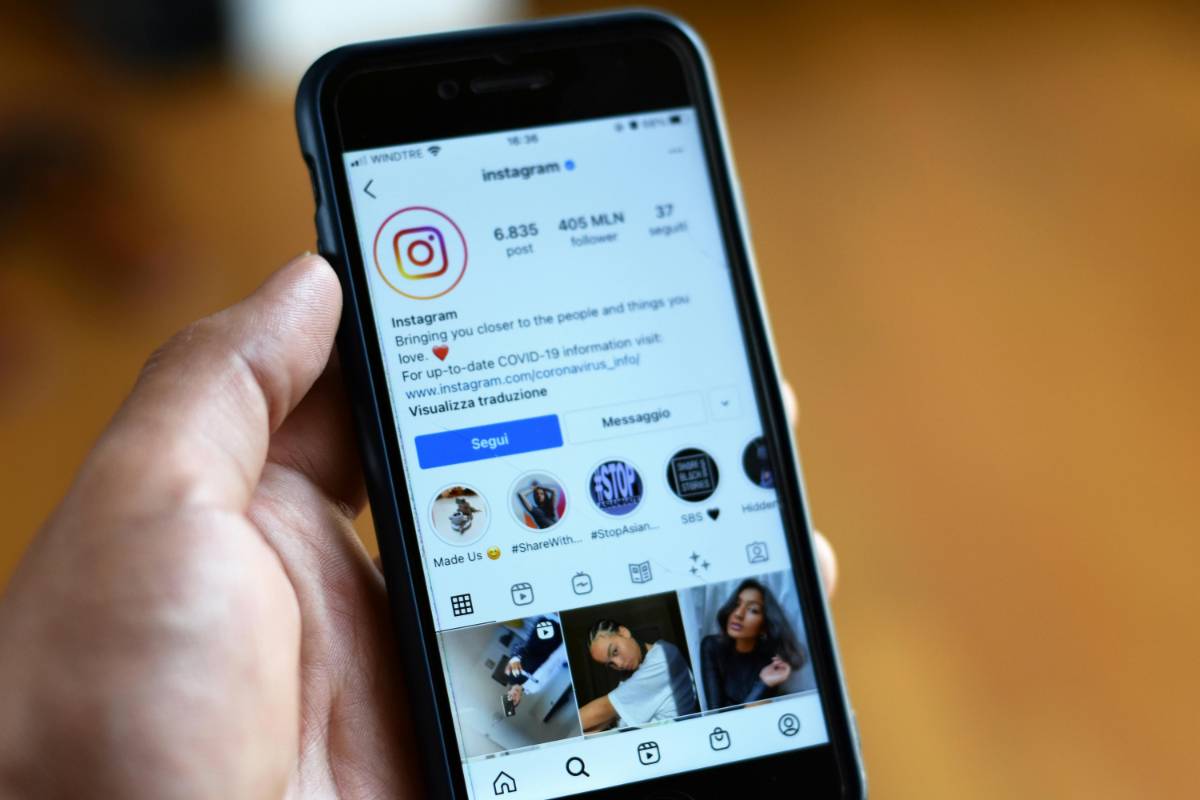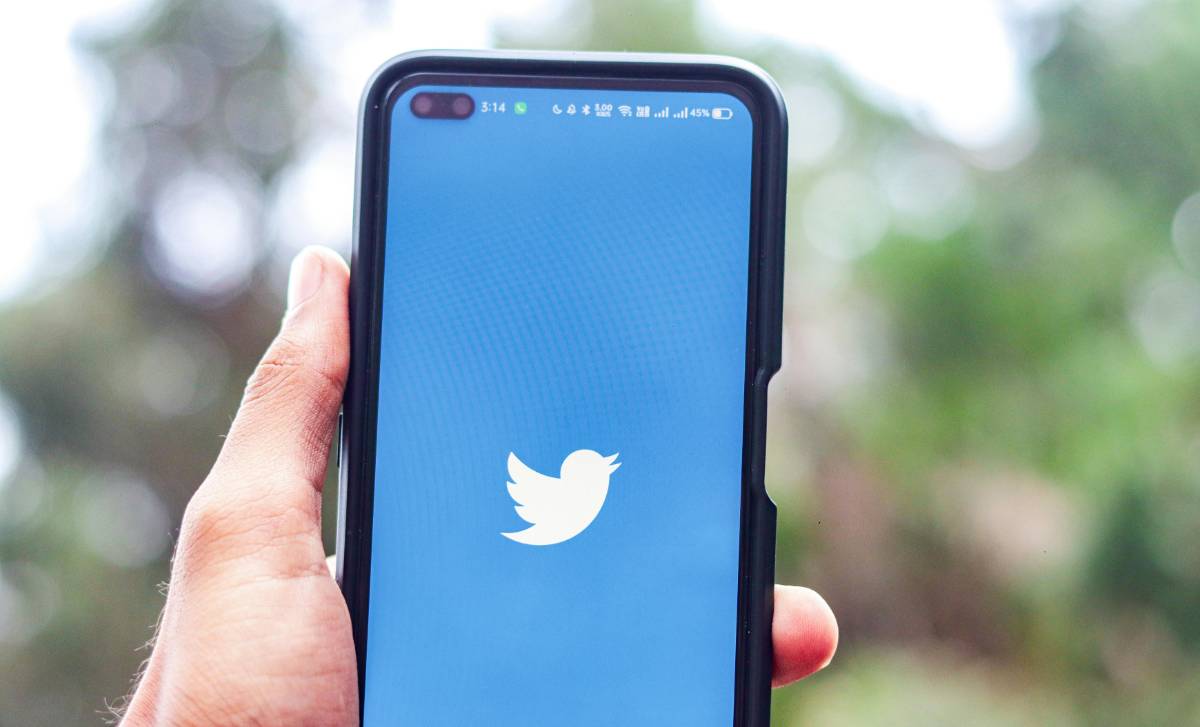Social Media’s Impact on Body Image and Self-Esteem
28 Sep 2025
Read Time: 3 min read

Social media has become an integral part of our daily lives, shaping how we interact, communicate, and perceive the world. However, its impact on body image and self-esteem has raised significant concerns. While social platforms can provide a sense of community and inspiration, they can also contribute to negative self-perceptions, particularly when it comes to body image.
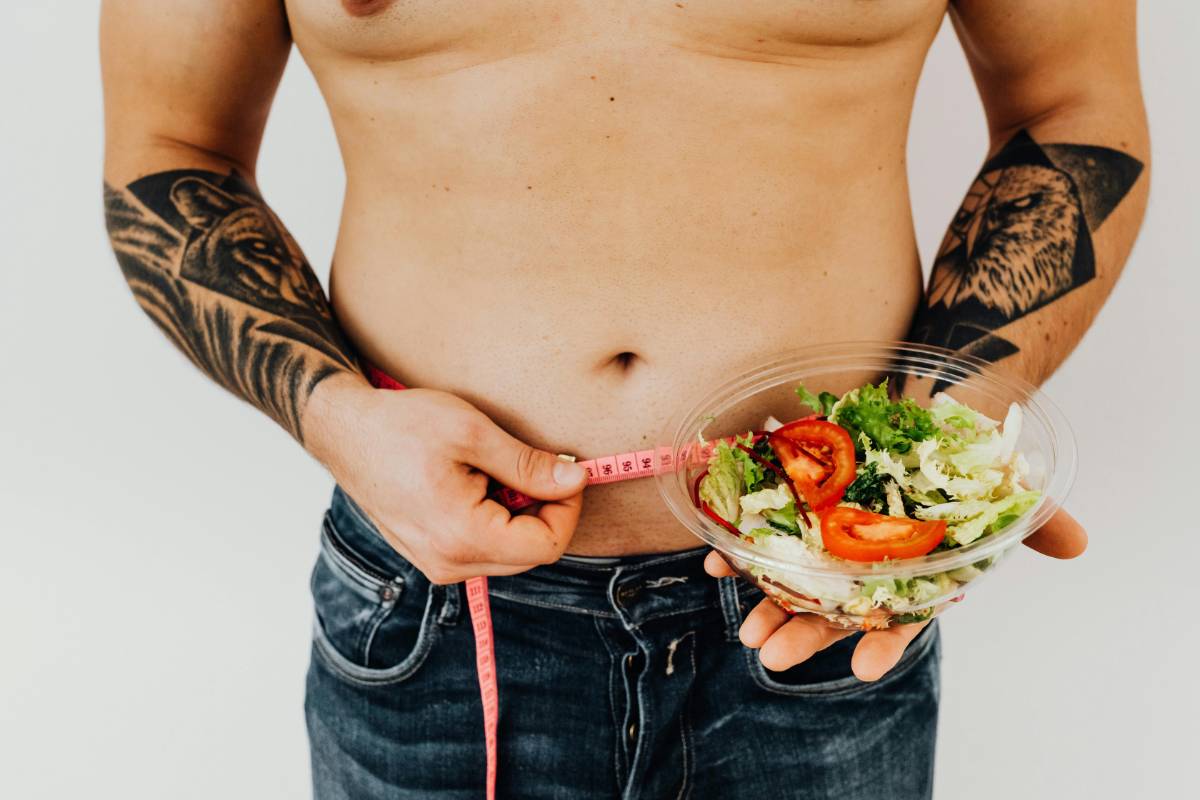 The Rise of Filtered and Curated Perfection
The Rise of Filtered and Curated PerfectionOne of the main contributors to negative body image on social media is the prevalence of filters and heavily curated content. Many influencers and celebrities use filters to enhance their appearance, making their skin smoother, their faces more symmetrical, and their bodies slimmer. While these images may look appealing, they create unrealistic standards that are impossible for most people to attain.
This portrayal of "perfection" can lead to feelings of inadequacy and low self-esteem among viewers. Studies show that exposure to idealized body types on social media can increase dissatisfaction with one's own appearance, particularly among young people who are still forming their self-image.
The Pressure to Conform to Beauty StandardsSocial media platforms like Instagram, TikTok, and Snapchat are filled with posts showcasing curated versions of beauty. This creates immense pressure on individuals, especially women, to conform to a narrow standard of beauty. From slim figures to flawless skin, the constant comparison can lead to a distorted sense of self-worth.
The desire to look like the influencers or celebrities seen online can drive people to extreme dieting, excessive workouts, or even cosmetic surgery, all in the pursuit of achieving a look that aligns with social media trends. This pressure is particularly evident among teenagers and young adults who may not yet have the emotional resilience to cope with such expectations.
Influencers hold significant sway over their followers, particularly when it comes to body image. Many social media stars present an idealized version of their lives and appearances, which can have a profound impact on their audience’s self-esteem. However, some influencers are now taking a stand by promoting body positivity and diversity.
By showcasing a range of body types, skin colors, and imperfections, these influencers are challenging traditional beauty standards. Body-positive movements, fueled by hashtags like #NoFilter and #LoveYourself, are encouraging people to embrace their authentic selves and reject harmful beauty ideals.
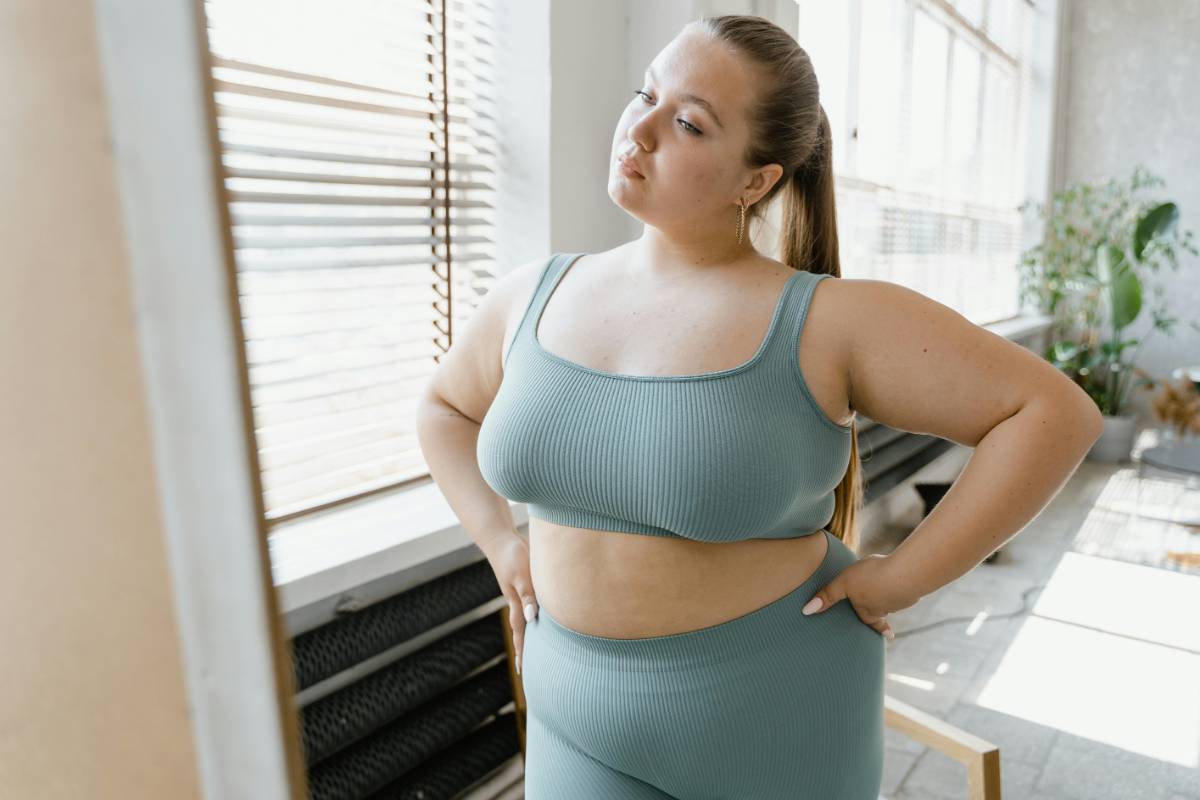
💡 Discover More from Social-Media
Despite the negative effects, social media can also serve as a platform for positive change. Body positivity advocates use social media to share empowering messages and images that celebrate all body types, encouraging others to embrace their uniqueness. The rise of body-positive hashtags and communities has provided individuals with the support and inspiration to love their bodies as they are.
Social media also offers a space for individuals to connect with others who share similar experiences. By finding support through online communities, people struggling with body image issues can find solidarity, advice, and encouragement, helping them build a healthier self-image.
The Impact of Social Media on Mental HealthThe impact of social media on body image extends beyond just physical appearance—it also affects mental health. Constant comparison with idealized images can lead to feelings of depression, anxiety, and isolation. Studies have shown that social media use is linked to higher rates of mental health issues, particularly among young people.
Social comparison theory suggests that people tend to compare themselves to others in an effort to evaluate their own worth. When these comparisons are with influencers or celebrities who portray an unattainable lifestyle or body, it can negatively affect mental well-being.
Fostering a Positive Online EnvironmentIt’s crucial for individuals and social media platforms alike to promote a positive environment where users are encouraged to embrace their authentic selves. Social media companies can play a significant role by implementing policies that combat harmful beauty standards, promoting diversity, and supporting campaigns that focus on mental health awareness.
Users, too, can contribute to a healthier online culture by following accounts that promote body positivity and diversity, and by being mindful of the content they post and share. Creating a supportive and inclusive digital space can help reduce the pressure to conform to unrealistic beauty ideals.
ConclusionSocial media has a complex relationship with body image and self-esteem. While it can promote unrealistic beauty standards and contribute to negative self-perceptions, it also has the potential to foster positive change by promoting body positivity and inclusivity. By embracing authenticity and encouraging diversity, social media can become a powerful tool for enhancing self-esteem and supporting individuals in their journey toward self-acceptance.
Stay Informed
Get the latest and most accurate news delivered straight to your inbox. Subscribe now and never miss an update.

Anita Singh
An insightful voice in the industry, crafting content that informs, inspires, and connects with readers.
View all articles →Continue Reading
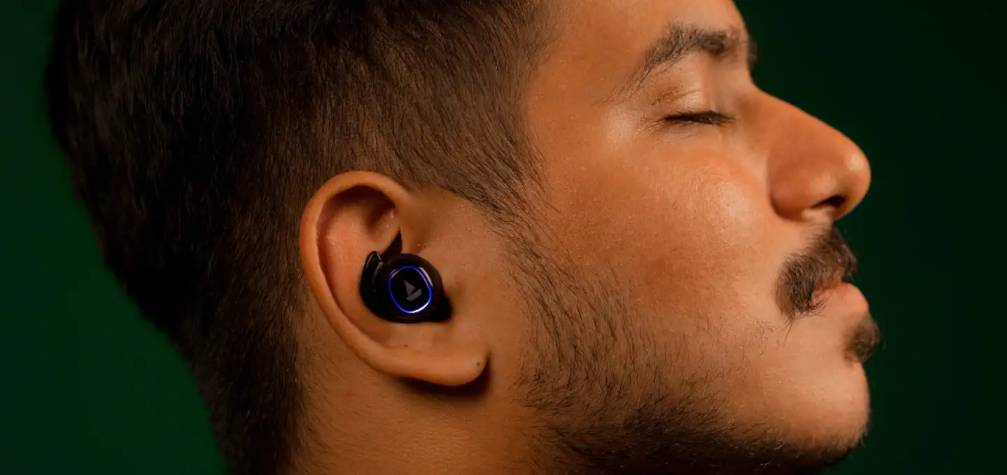
Hollywood
Wireless Freedom: Discover the Best Earbuds for On-the-Go Listening
By David Thompson
05 Oct 2024

Travel
How to Make Corporate Travel Less of a Chore and More of a Pleasure
By Olivia Mitchell
16 Sep 2025

Social-Media
Why TikTok’s Duet Feature Is the Ultimate Tool for Going Viral
By Olivia Mitchell
24 Apr 2025

Social-Media
How to Use TikTok Sounds to Skyrocket Your Social Media Engagement
By James Carter
08 Apr 2025

Travel
Corporate Travel Gone Wrong: Stories That Will Make You Laugh and Learn
By Samantha Lee
04 Sep 2025

